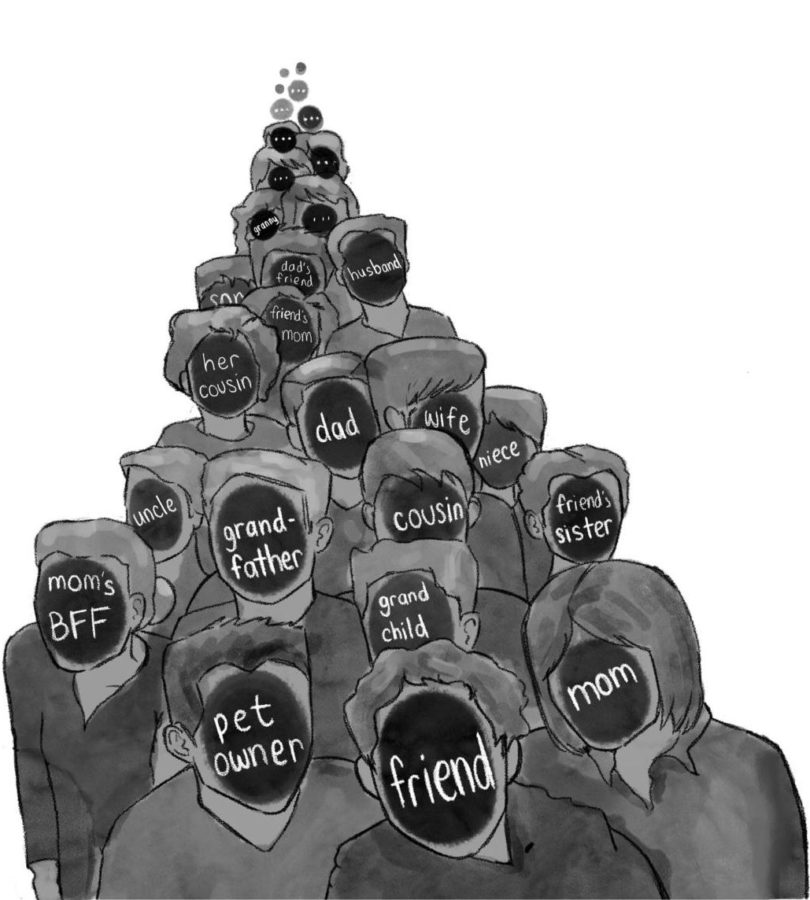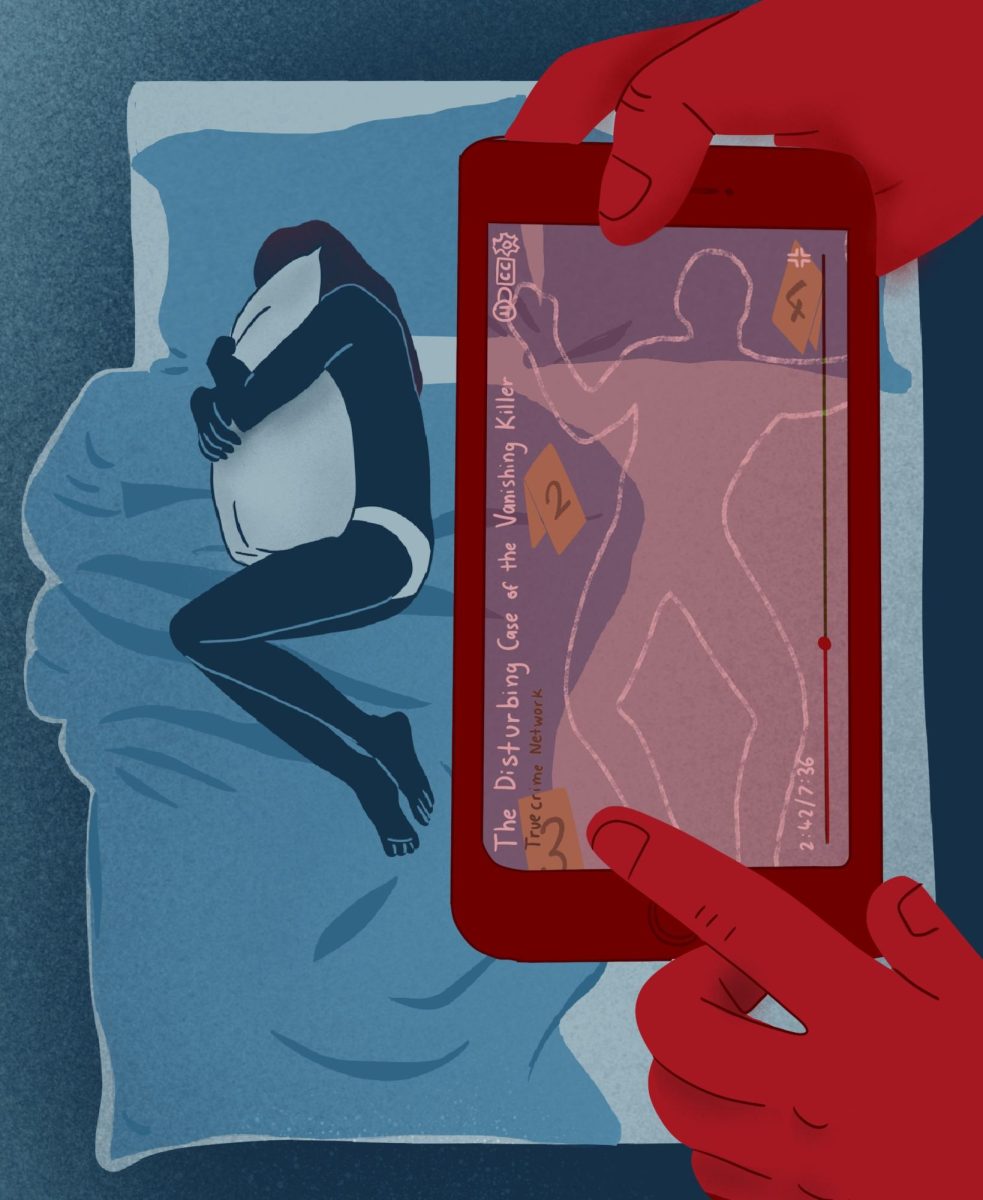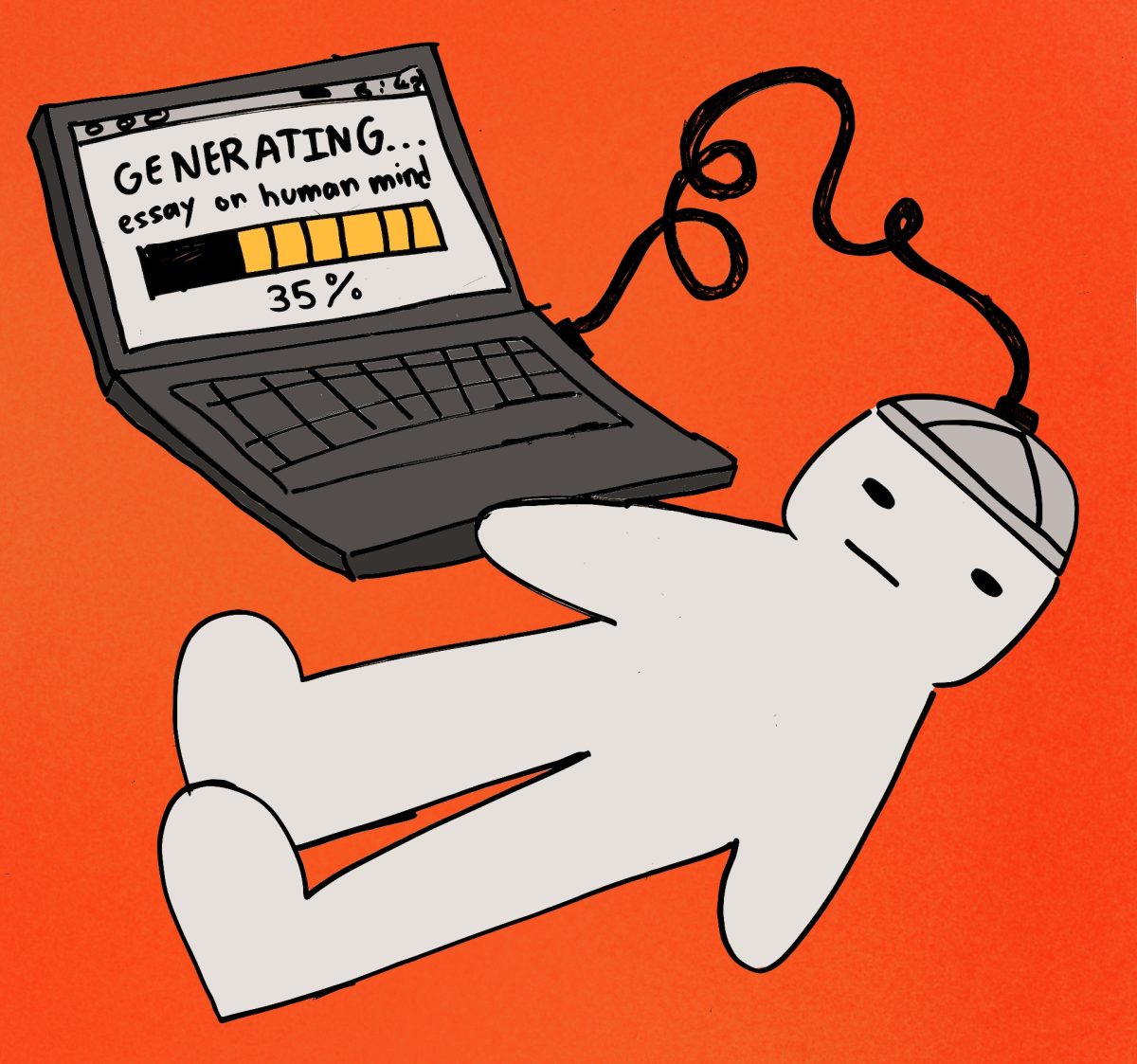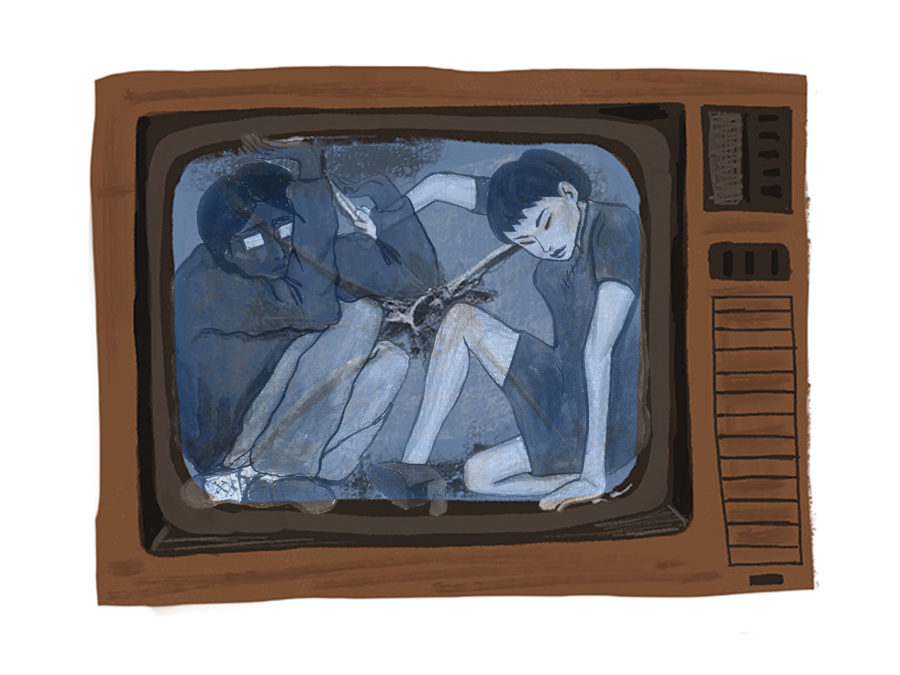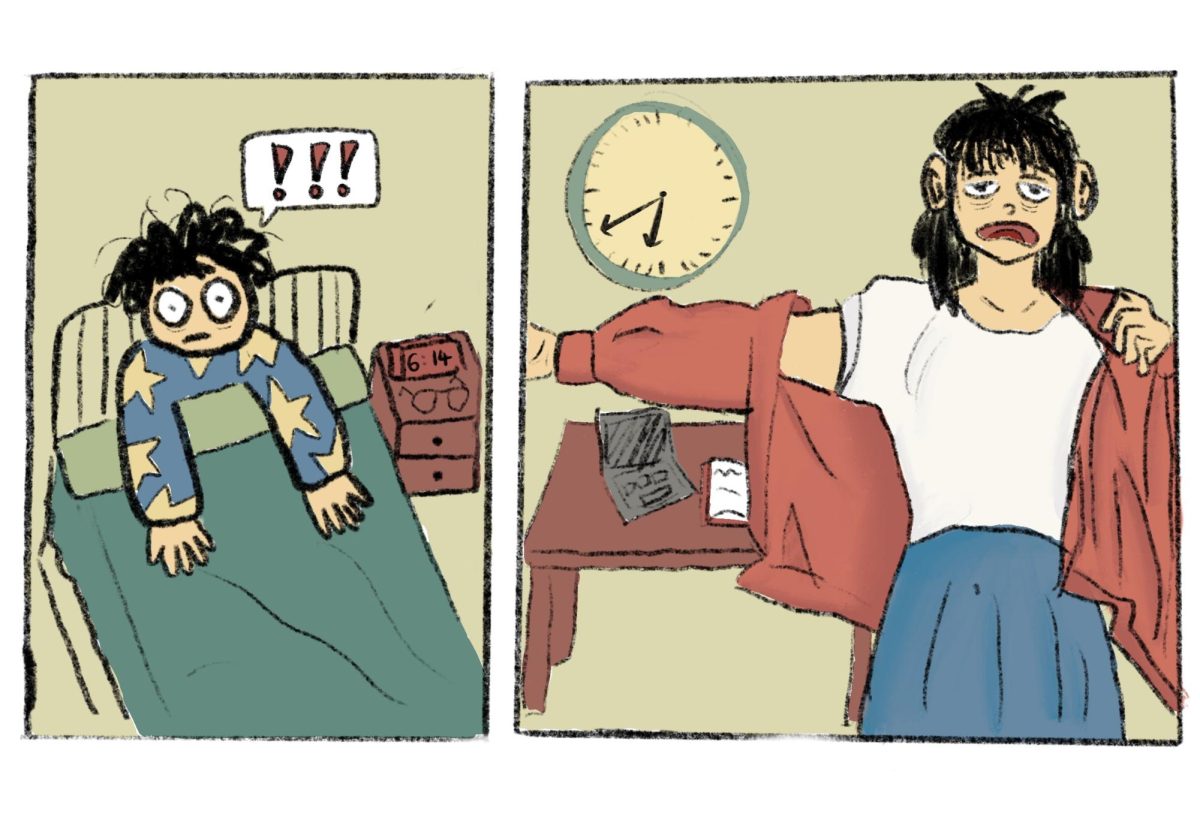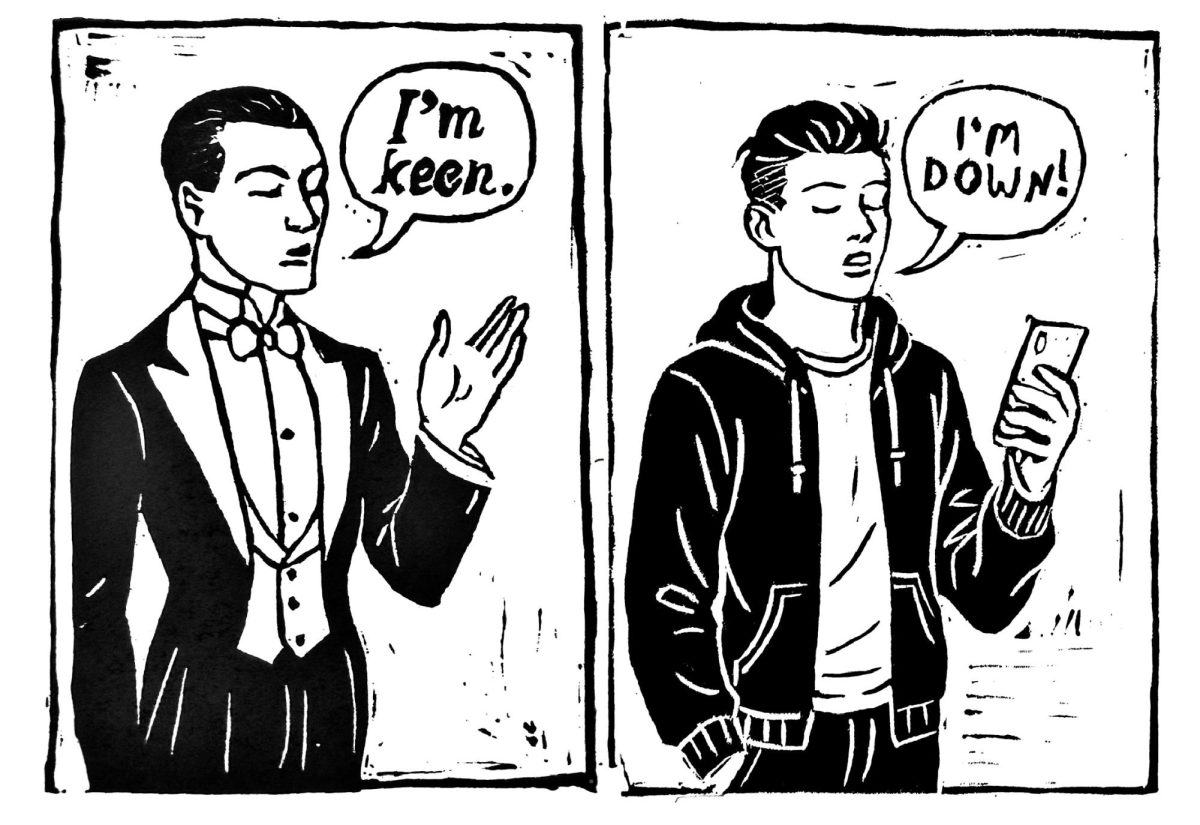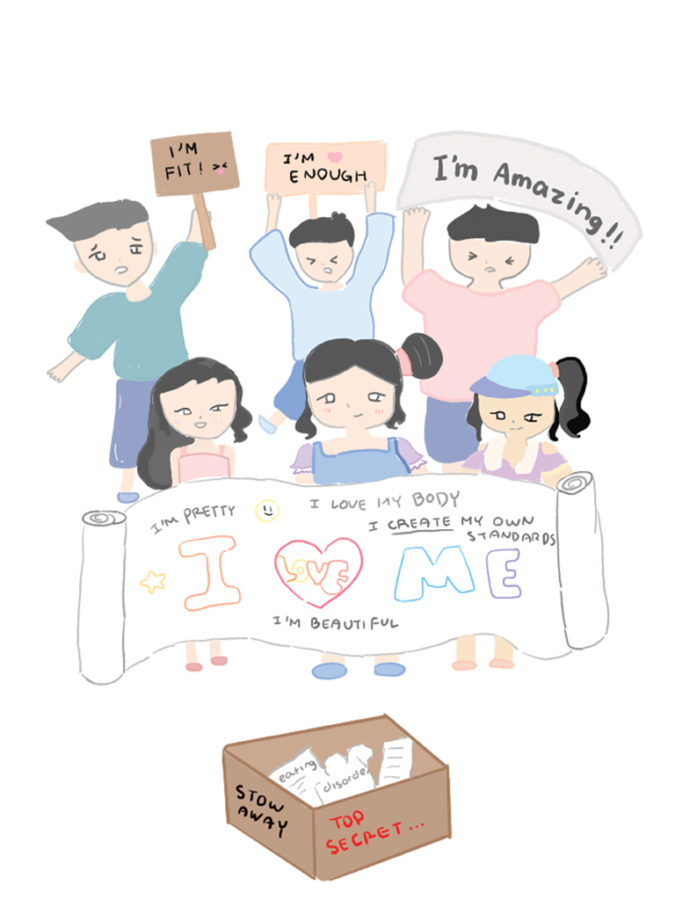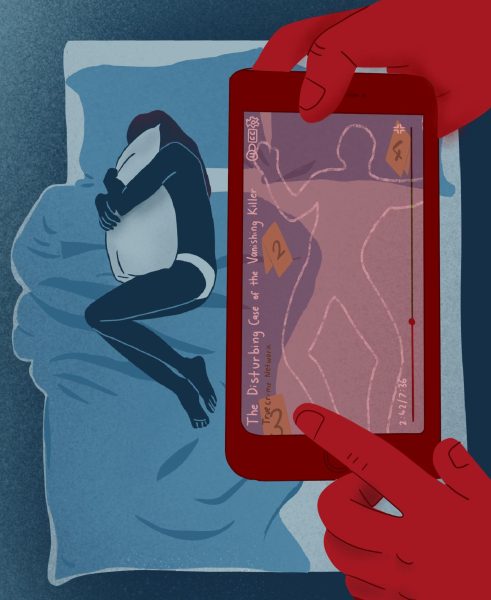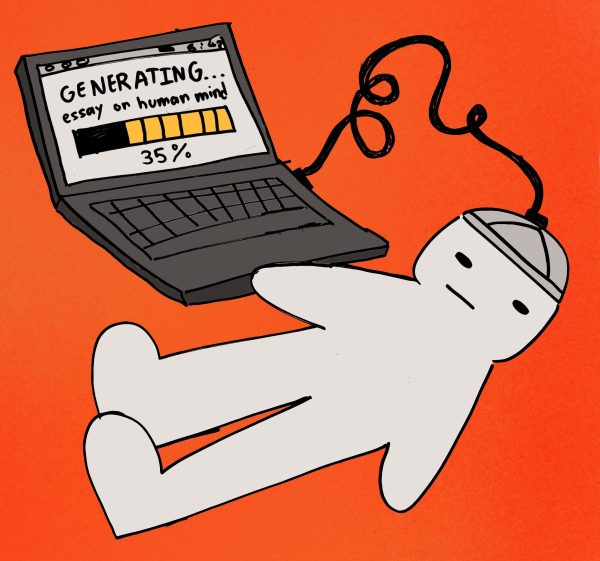Neutrality over Positivity
The modern body positivity movement is harmful and counterproductive.
No matter the era, conforming to general beauty standards has proven to be unhealthy and unrealistic. As more and more expose the unhealthy standards of the beauty industry, body positivity advocates have risen, especially with social media. However, is this really the way we should be tackling this issue?
Body positivity advocates promote the movement of empowering and accepting all types of different bodies by means of self-love and embracing our appearance. Whether it be regarding size, shape, or skin color, this idea encourages us to love our bodies in hopes of improving our self-esteem and body image.
Originally begun with lovely intentions, the movement tends to be more harmful than not as a result of its execution. Research from Clarkson University reveals that the messages spread by these advocates “often fall flat” and “can often leave people feeling more depressed and unsure of themselves.”
Dr. Susan Albers, a clinical psychologist at the Cleveland Clinic, emphatically states “body positivity is a subset of toxic positivity.” She explains that the movement pressures and forces us to constantly feel good about our bodies when we may not, thus exacerbating our stress.
The current message of the body positivity movement focuses on ensuring that we are happy with our own bodies, but that enforces the idea that we must constantly display a positive attitude toward ourselves. By spreading this message, they encourage us to repress the negative emotions we may feel, which builds up and overwhelms us. This feeling stems from the fact that, when we fail to constantly be positive, we feel as if we have failed ourselves.
In fact, as someone who suffered body issues since I was nine years old, the body positivity movement was not helpful to me at all. I was around thirteen when it started to gain popularity online. Instead of motivating me to love myself, I grew to despise the influencers constantly reminding their audiences to “love themself” and “love all the flaws” that we harbored. They acted as if loving myself was easy. They did not help my inability to reach their level of self-love that seemed to come so easily to them. Instead, it made me feel even worse about my self-esteem that I couldn’t fathom loving myself.
Not to mention that many of these influencers are generally attractive people. I remember thirteen-year-old me thinking, Of course it’s so easy for you to tell us to love ourselves like you learned to love yourself. Look at you. What’s there not to love?
I was bitter with the whole movement. It didn’t help that these influencers would only vaguely teach us how to love ourselves through self-affirmation: a tactic that doesn’t work for everyone.
Being told to “love your stretch marks,” “love your hip dips,” or whatever we may feel self-conscious about may help us embrace our insecurities, as they are affirmation strategies. However, research has stated that those who receive appreciation from close friends and family feel better about their body image, compared to when they were exposed to body positivity messages.
Focusing on who we are rather than what we look like should be how we work on improving our self-esteem. When we are able to see our worth past our appearance, we will learn to appreciate ourselves better as a whole. This teaches us to shift our focus to highlighting our character, thus decreasing the amount of energy we put into worrying about appearances.
Although meant to improve self-esteem, the body positivity movement is inevitably still all about physical appearance, which reinforces the idea of the need to be preoccupied with our self-image.
So, instead of working towards body positivity, we should work towards body neutrality. Body neutrality is the concept of being self-aware of our bodies, yet coming to terms with it. The idea of body neutrality is that you don’t have to love or hate your body. You can feel neutral toward it, and that’s alright. Accepting your body as it is and appreciating it for its capabilities means that we are more than just our bodies: we are human.
Being able to exist without thinking too much about our bodies is when we start being at peace with ourselves.
Since she was young, Mischa has always enjoyed writing and looks to challenge her skills further by experimenting with different styles serving different...
Kyra, a young girl filled with curiosity and continuous gushing emotions spends most of her days painting a world out of her own imagination, expressively...



